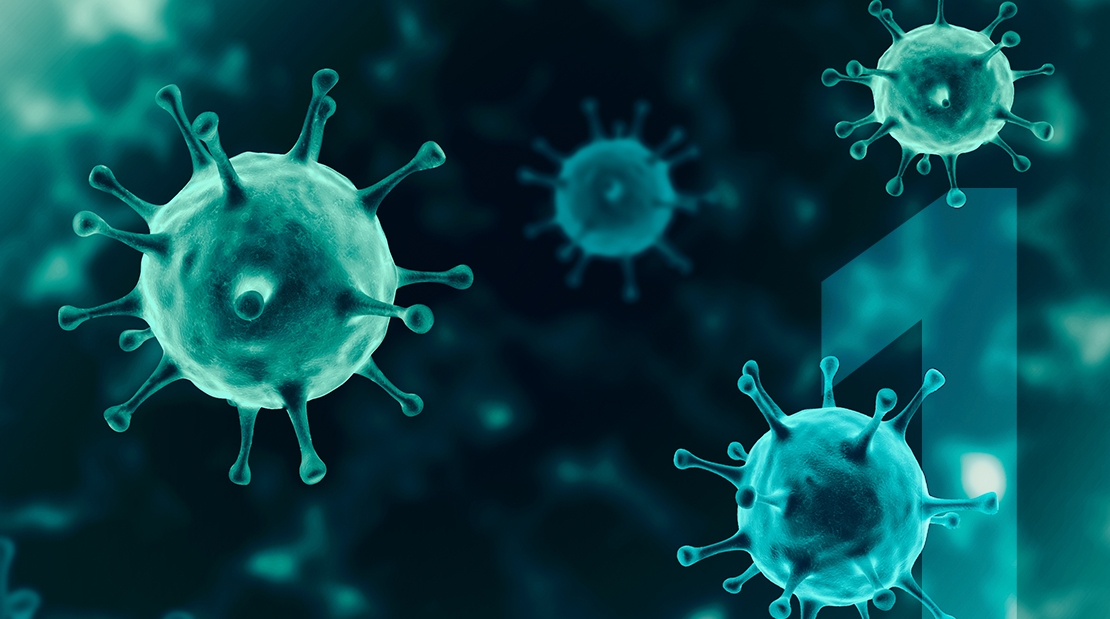
Commonly Asked Questions About Pets & COVID: Part I
COVID-19 has impacted our daily lives in ways we couldn’t have imagined. Like you, I’m spending more time with my family while trying to stay on top of the latest information regarding the disease.
I understand you’re working from home, juggling multiple responsibilities, and practicing social distancing as best as possible. However, we still must take proper care of our pets.
As a veterinarian and pet owner, I feel it’s right we spend some time addressing concerns surrounding our four legged friends during this pandemic.
Below, I’ve outlined and answered some commonly asked questions you may have about your pet(s) during the novel coronavirus.
Can pets catch and spread COVID-19?
Let me start by saying that there is evidence certain pets can contract and harbor the disease known as coronavirus. But, because there’s a lot of grey area to this, it’s important that we debunk some of the fears and rumors. At this moment, it’s not understood that a human can spread the current coronavirus strain to an animal and then that animal harbors the disease, replicates it, and then spreads it to other animals or humans.
Coronavirus isn’t new, but this particular strain is and how its been able to adapt to the current environment especially amongst human beings. We’ve seen previous versions of the coronavirus in cats, ferrets, cows, and dogs for years. It’s something we tend to treat and vaccinate animals against when it is appropriate.
Generally speaking, the coronavirus causes a mild gastrointestinal disease in dogs and it causes a fatal disease called feline infectious peritonitis in cats. The concerns about this disease are understandable because of the potential for it to spread from people to animals and potentially, animals to people. But, we do not at this moment verify nor has it been reported that we can call this a true zoonotic disease.
Can pets be asymptomatic?
Yes, but for different strains of the coronavirus. Studies have shown particular animals (i.e. ferrets and cats) are more susceptible with no symptoms or lite symptoms including being lethargic, abnormal behavior, loss of appetite, and/or feverish.
What should owners do if a pet catches COVID-19?
If you feel your pet has caught COVID-19, I would first like to calm and reassure you the chances of that are very low unless you or someone your pet has been around is actively infected with COVID-19. If that is the case, any and all symptoms should be journaled and described to your vet in a professional manner. From here, your vet will take the reins and perform trials and/or tests to see if your pet has COVID-19.
If I think my pet has COVID-19, what should I do?
There are a few tests that are available on the commercial market that veterinarians have access to.
Can my pet be tested for COVID? If so, how do they receive treatment?
Pets can be tested for COVID-19. New tests are available that possess better accuracy to gage whether or not an animal has or harbors the disease. The treatments for COVID are similar to what we’re doing for humans including breaking fevers and/or performing mucolytics if there’s a surplus of mucus to break up the congestion. All treatments are going to be aimed at the symptoms more so than the disease because there’s no treatment for most viral infections. While there are some, most treatments focus on the secondary bacteria infections and symptoms while the body is ridding itself of the virus.
In my next blog post, I’ll highlight what you as an owner can do to help prevent the spread of COVID while continuing to care and maintain your pet(s).
If you have any further questions or are looking for clarification to any of the questions above, please feel free to contact me and I’ll be glad to assist you and your pet.
Understand during this time, veterinarians are considered essential workers and for the most part, open. If your pet is ill with anything other than COVID, these are issues we should still address if you’re seeing symptoms or witnessing any type of erratic behaviors. Most veterinarians have adjusted their hours to accommodate you during this time, especially at Cy-fair Animal Hospital. We accept walk-ins and have changed our entrance procedures to ensure everyone’s safety.
We are available to you and want to make sure you’re taking great care of your pet(s).

